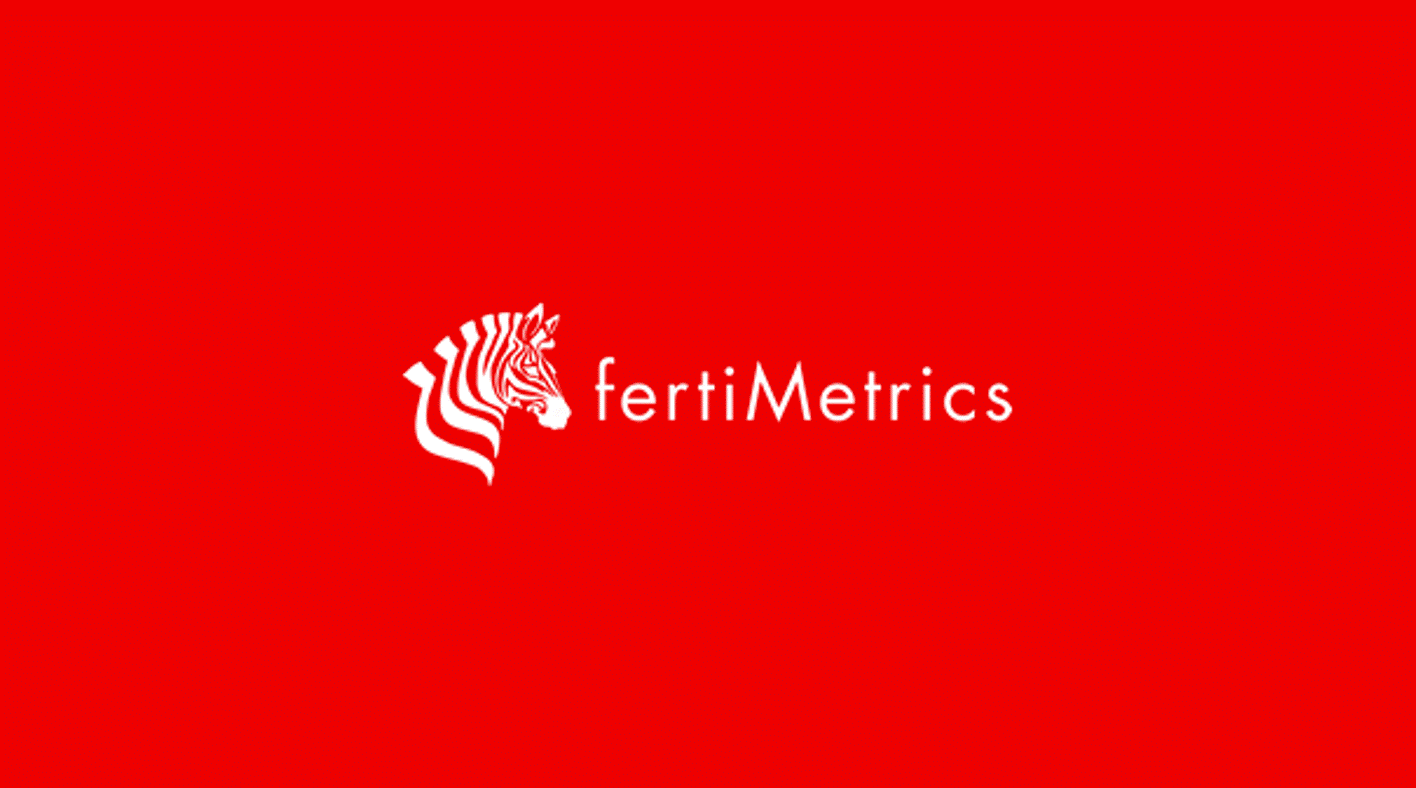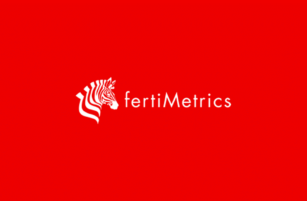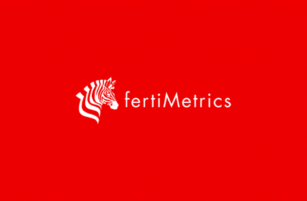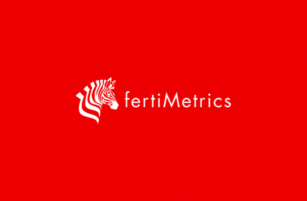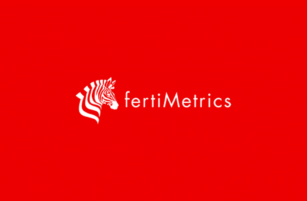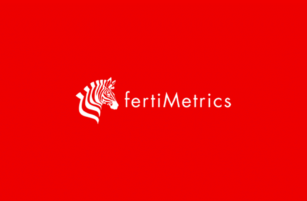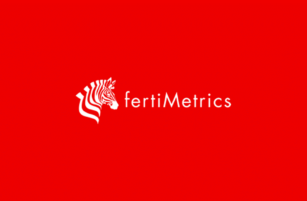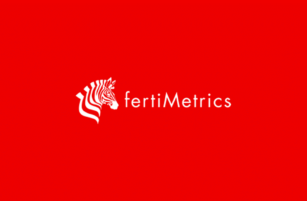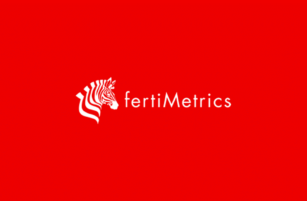Insight Focus
With China expected to maintain export restrictions for the next few months, urea markets turned positive this week. India is also rumoured to be coming to the market with another tender, adding to positive sentiment. Potash and phosphate prices were bearish, while pockets of support remained for ammonia.
Urea Price Looks Up
The International Fertilizer Association (IFA) meeting in Singapore this week saw critics turn believers. Urea prices have rallied, and we now see a positive element to the industry – at least for now.
It is still too early to predict a full recovery but export restrictions in China for June and possibly July adds to optimism. In addition, India is rumoured to come into the market with a tender sometime middle to end of June.

Pupuk Indonesia held a granular urea tender this week with the FOB price ending at USD 312.26/tonne. About 140,000 tonnes were sold for June shipment.
Middle East prices are also on the move. Granular prices were said to be in the USD 290-295/tonne FOB region with vague reference to trades in that range. However, a story started to emerge that Siuci of Oman has sold a cargo for July at USD 308/tonne FOB, although this has still to be confirmed.
Sabic however did secure USD 295/t FOB for 20,000 tonnes of prilled urea and Brazil has already paid higher prices. Last week, sales were agreed at around USD 300/tonne CFR but USD 315/tonne CFR has proven to be the low end for this week with USD 320/tonne and USD 325/tonne CFR trading as the week progressed.
Even Iran saw improved prices with a tender resulting in USD 268/tonne FOB. In other words, CFR levels are going up everywhere. For Australia specifically, which is in the middle of its buying season, prices should now be upwards of USD 340/tonne CFR for replacement cargoes.
The outlook for the urea price is firm for the next few weeks.
Processed Phosphate Direction Depends on China
On the processed phosphate side, it is all about China and its export availability. There are questions about whether producers will be able to maintain current FOB levels of around the USD 500-505/tonne levels.
Export prices from China have fallen an average of USD 95/tonne, or 16%, since the start of 2024, but they are currently USD 10/tonne higher than at the same time last year. China’s total DAP export availability for June is indicated by local sources at 700,000-800,000 tonnes, with 300,000-400,000 tonnes of this already sold.
The June volume represents a significant increase on monthly DAP exports for January-April. This is not surprising given that China only began to relax export restrictions on DAP/MAP from April 1, but nevertheless it supports the view that most supply from the country for 2024 will likely be squeezed into the second and third quarters. As a result, further downwards price pressure cannot be ruled out.

Brazil’s delivered MAP prices remain around USD 570/tonne CFR, with OCP and Russian producers maintaining a strategy of price protection, local market sources report. Chinese MAP 11-52 has reportedly been available at prices as low as USD 555/tonne CFR. A Brazilian importer said the latest offers it had received this week for MAP 11-44 from China were at USD 470/tonne CFR.
The outlook for processed phosphate prices all depends on how aggressive China wants to be on exports.
Potash Remains Bearish
Bearish tones lingered over the potash market this week, with many delegates at the IFA conference anticipating further downwards pressure given ample supply. Market participants across the globe gathered in Singapore with the highly anticipated India potash contract the main topic of conversation. The contract still remains under negotiation but is expected to be settled within the next few weeks at USD 285/tonne CFR.
Brazilian spot prices registered modest declines this week to USD 305-315/tonne CFR as the typical peak buying season approaches. Producers are still offering USD 320/tonne CFR but USD 315/tonne CFR may be more realistic now.

The outlook for the potash price is bearish with further declines expected on the back of ample supplies.
Pockets of Support Remain for Ammonia
Ammonia prices remained supported in the East on supply constraints in the Middle East and Southeast Asia, while benchmarks West of Suez remained balanced-to-soft for the time being.
With most participants convening at this year’s IFA conference in Singapore, the question of whether the recent run in Asian spot prices could be sustained over the coming weeks dominated conversation. However, no fresh spot business was heard into China, South Korea or Taiwan this week.
Much of the recent price support has been driven by tightness out of Southeast Asia, where producers in Malaysia and Indonesia are committed for the foreseeable future. Bullish sentiment is driven by the situation in the Middle East, where Ma’aden commenced a one-month shutdown at its 1.1 million tonnes per year MWSPC II unit earlier this week.
Vessels continue to congregate in the Arab Gulf, amid a noticeable decline in recent exports. Some cargoes continue to move into India, where FACT awarded its most recent purchase tender to Sun International at USD 353/tonne CFR, before subsequently issuing another tender for a further 5,000- 10,000 tonnes for the second half of June delivery.

The outlook for ammonia is that prices should remain balanced-to-soft in the West though the downside could be stymied by upcoming gas plant curtailments in Trinidad. Meanwhile, indexes in the Eastern Hemisphere should remain supported for as long as tightness in Southeast Asia and the Middle East persists.
